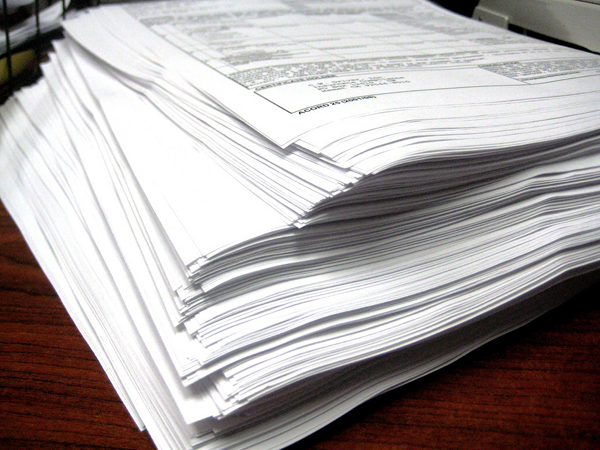Jack Leahy | News Editor
At 8pm on Sunday 3rd February 2013, my campaign managers and I were huddled around a table in Tolteca on Suffolk Street, laptops and smartphones primed for action. The 2013 sabbatical officer elections were three hours away, and a study into voting intentions was set to launch. We were about to rig its results.
The thinking was straightforward: online polls and their inherent exposure to manipulation offer an invaluable opportunity for positive campaign coverage. In the end, we voted more than 500 times, allowing for the perception that I was the clear front-runner for Education Officer for 2013/14. We knew our opponents would be doing the same, simply because they could.
In the end, a more methodologically sound poll placed me on a fairly similar percentage, which was a great relief for campaign insiders, who might have feared that our kingdom of optimism was built on sand. I was elected within the former poll’s margin of error. Conversely, an online poll conducted by Trinity News during The Leadership Race 2014 suggested that PJ Moloney was the runaway favourite for the Communications Officer race, but Moloney would ultimately take less than 25 per cent of the only poll that mattered.
I divulge in order to communicate something of the anxiety felt by candidates towards this kind of exercise. The drawn-out fortnight inevitably features troughs of anxiety peppered amidst the peaks of adrenaline and optimism – so any opportunity to control mass perception is an important one. Nothing evidences this more than the hordes of campaigners who have queued to answer our poll in the last week, keen to enhance the position of their candidate in the eyes of our readers.
But the halcyon days of online polls appear to be over, with the advent of more sophisticated polling methods conducted by publications such as this one leaving little room for manipulation and, when done correctly, even less room for error.
For the candidates, this only means further anxiety. Exercises such as this are time-consuming; we began on Wednesday, our data analysis is complete on Sunday, and the issue detailing it all is distributed on Tuesday, several hours after polls on campus open and when Tallaght, James’ and Halls have already voted. The duration of the exercise is part of what guarantees its accuracy, and this heady combination can only heighten and prolong whatever suffering is taking place.
It’s hard to quantify the effect of polling results on the voting intentions of the previously undecided. Our polls suggest that in some cases up to 20 per cent of students are undecided as to how to vote, but it is reductive and simplistic to suggest that the poll-established front-runners will pluck voters off the fence by sheer virtue of headlines. Many undecided voters do not vote at all, spoil their vote or vote according to instincts like impression or alphabetical order on the ballot. Still, from the perspective of a candidate it is hard to escape the thought that a widely-circulated newspaper report on your position can only be a double-whammy if that position is not in pole.
Polling matters. From the perspective of the pollster, the effort that you put into compiling the data either treats an important election with appropriate regard, showcases your publication’s capacity for professional-level coverage, or a bit of both. From the perspective of the candidate, it offers you an assessment of your progress, a reason to push on, and a calibration of your efforts in different faculties and among different year groups. Still, I’d bet you anything they’d all prefer to go Incognito on Google Chrome and vote hundreds of times.







